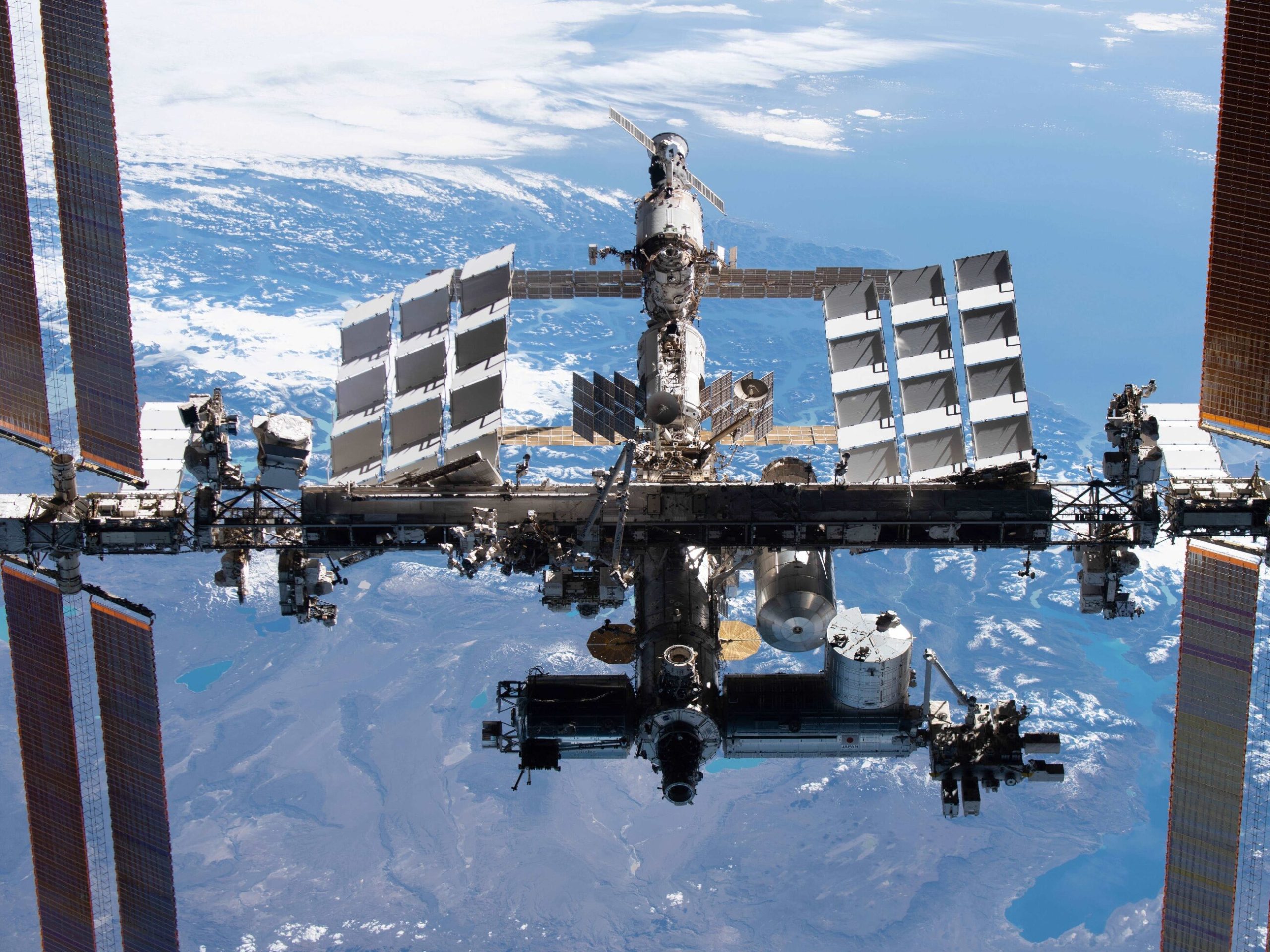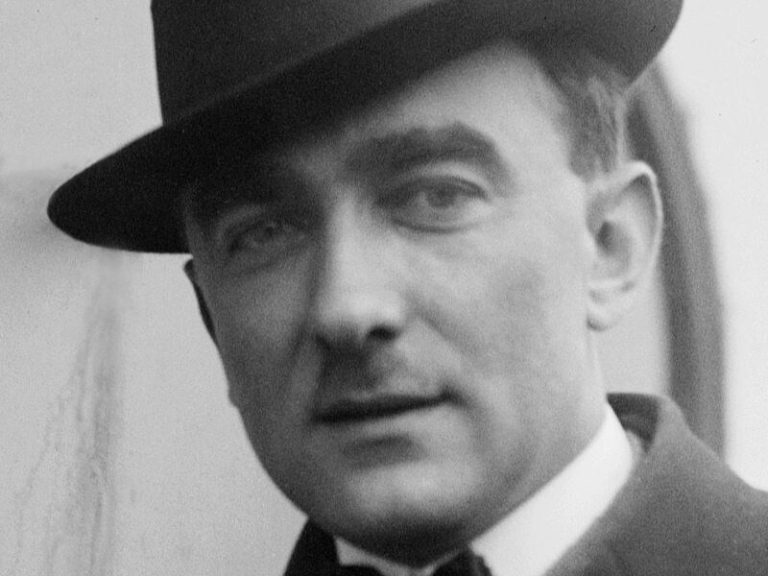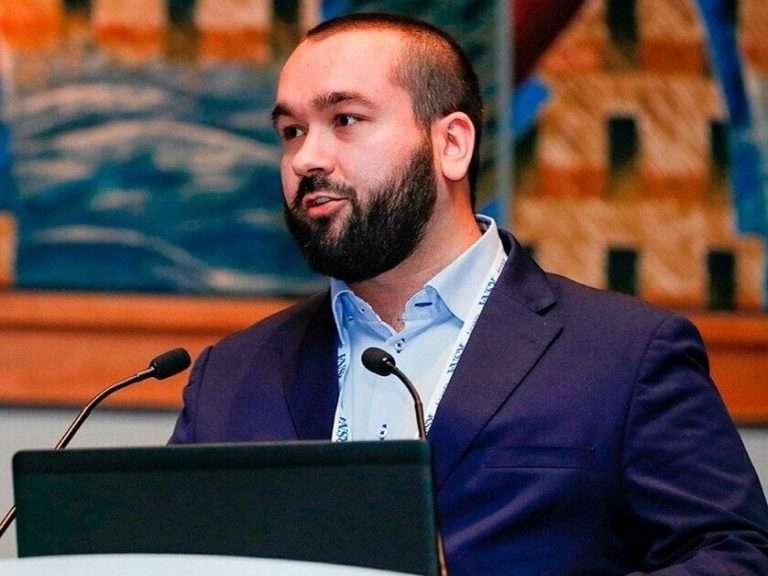NASA is experimenting with artificial gravity. It is intended to prevent astronauts from getting sick

A long stay in weightlessness may mean health problems for astronauts. So NASA conducted experiments with artificial gravity to study its effect on the body.
If astronauts are to spend more and more time in space, flying to the Moon, Mars and other planets, scientists must solve the difficult problem of the effects of weightlessness on the body of living organisms, and especially on the central nervous system.
– During subsequent trips to the Moon or Mars, reducing the negative impact of microgravity on the body will be crucial to ensure the safety of future astronauts. In a recent experiment, we investigated the protective effect of artificial gravity – argues Dr. Janani Iyer from NASA Ames Research Center.
NASA has just shared the results of these studies. For now, not on people, but on “model organisms”, i.e. in this case… fruit flies.
NASA studies artificial gravity on insects
The mentioned experiments were carried out on the International Space Station (ISS). There, in a special laboratory module, fruit flies were observed. One group remained on Earth, the second in microgravity, and the third in artificial gravity caused by the rotation of the container with them in a centrifuge.
After three weeks on the ISS, the “space” flies returned to Earth. Both groups had slightly changed metabolism, signs of the so-called oxidative stress of cells and negative changes in the nervous system.
Interestingly, flies subjected to artificial gravity did not show more serious symptoms, such as oxidative damage, cell death, neuronal loss and changes in glial cell numbers. To sum up, they endured their stay in space better.
Why is NASA studying fruit flies?
Why were these flies subjected to experiments? Evolutionarily, humans and these insects share a common history, and their molecular mechanisms are similar to ours. In general, we share as much as 75% with small insects. genes responsible for causing diseases.
Their rapid life cycle (breeding even every two weeks) allows us to study how the lack of gravity can affect the body even over many generations. As a guide, NASA says that for flies, three weeks in space is equivalent to about 30 years of a human’s life.
Election signpost
Which party are you closest to?
in the 2023 parliamentary elections?
Take the test and check






